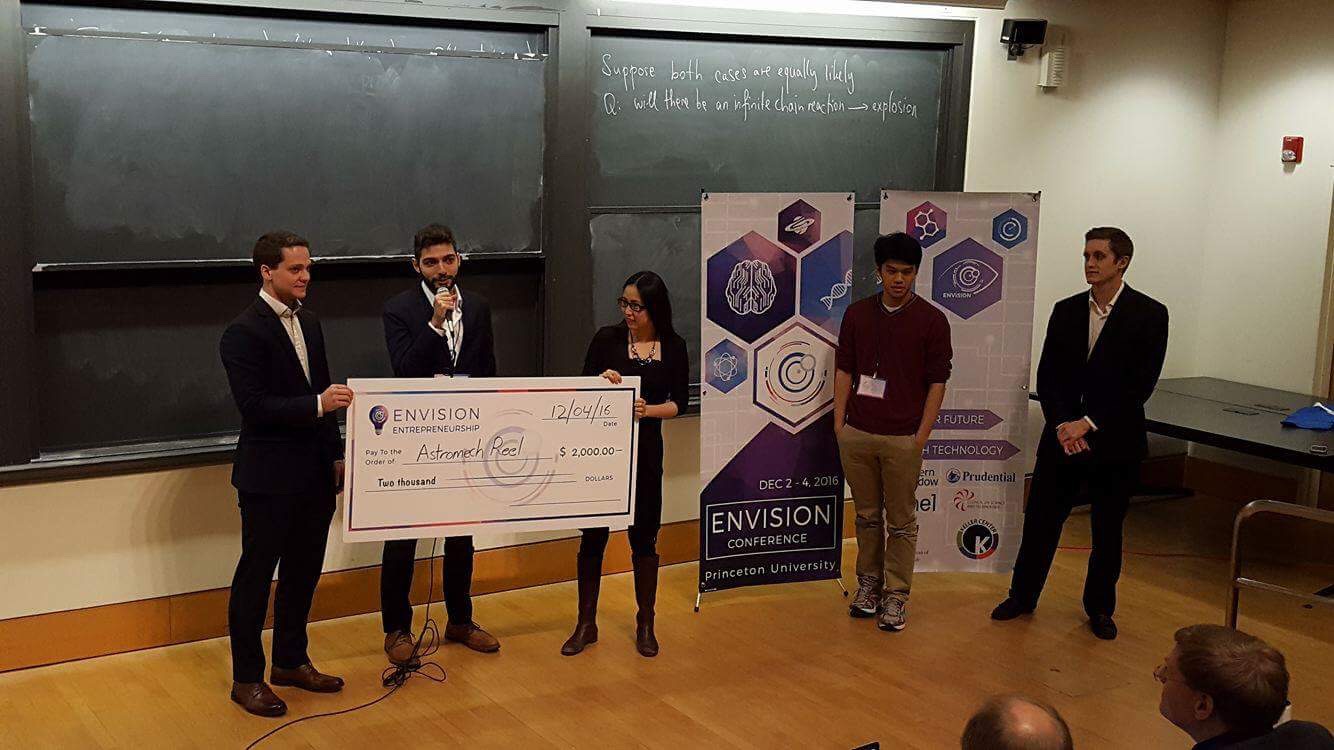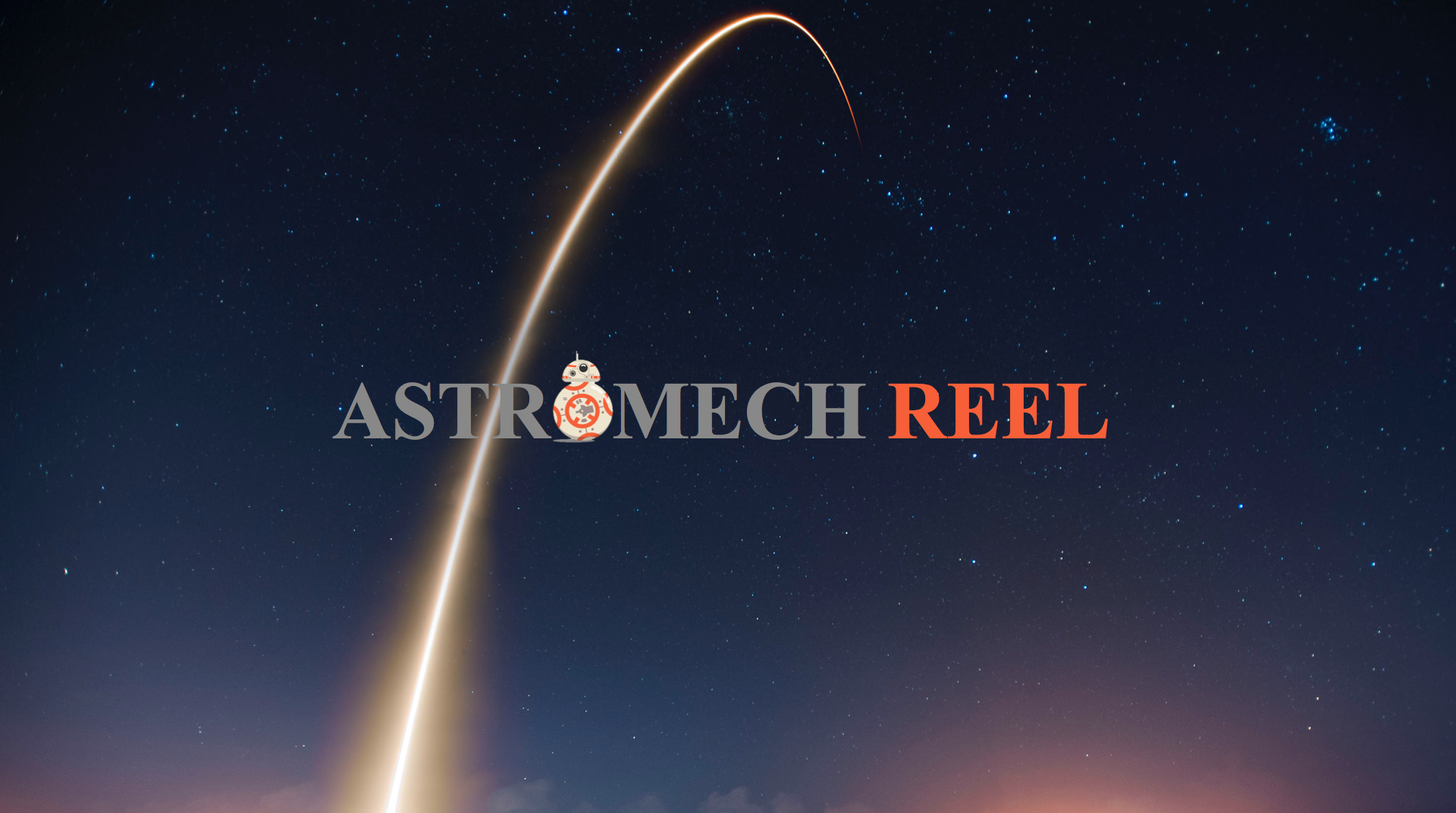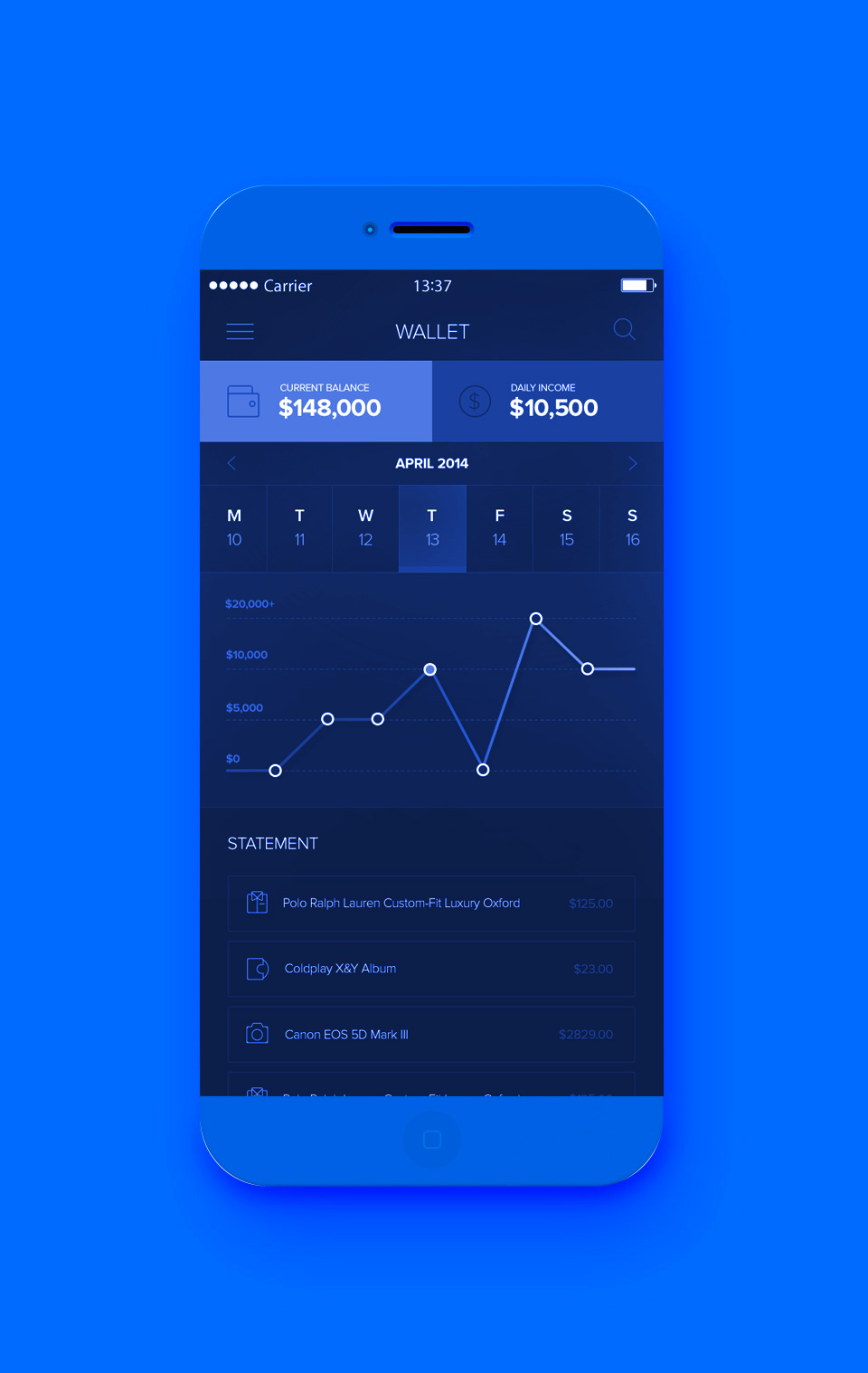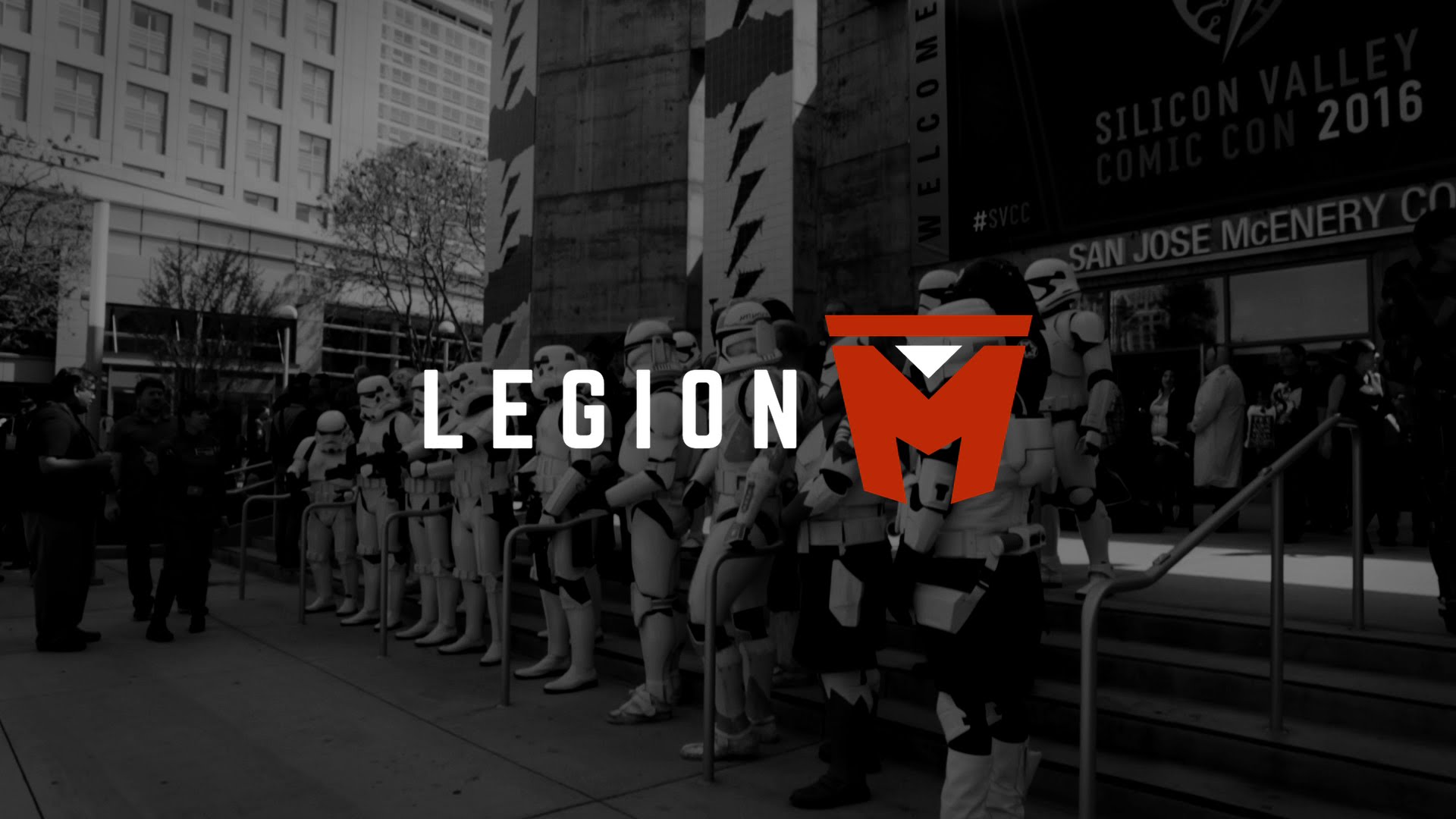If the pitch deck above has peaked your interest, here’s a bit more background information about the problem and the solution.
Derelict satellites, defunct rocket boosters, and other debris surround the Earth in low-earth orbit. This junk collides with space station and satellites, decreasing functionality or totally ruining the structures, which in turn adds more debris to the space where weather and communications satellites operate.
To prevent further accumulation of space debris, we came up with the Astromech Reel, which is a nanosatellite and microsatellite add-on that deploys an electrodynamic tether enabling deorbit post-mission within a matter of few months compared to several years otherwise.
The solution uses an electrodynamic tether deployed from the add-on for the spacecraft system. The Reel is attached to the satellite system before launch. Made up of a long conductive wire, the tether is deployed at the end of a satellite’s mission without relying on the power source of the satellite. The electricity generated by the tether as it swings through the Earth’s magnetic field will have a slowing effect on the spacecraft pulling it into a lower and lower orbit. Eventually the craft will enter the Earth’s atmosphere, burning up harmlessly long before it has chance to crash into the planet’s surface. Essentially, our solution could be likened to a generator in space that uses the Earth’s magnetic field as its power source.
Greg, Julia and I are currently not pursuing this idea (maybe in the future!), but we really did enjoy working on it.















